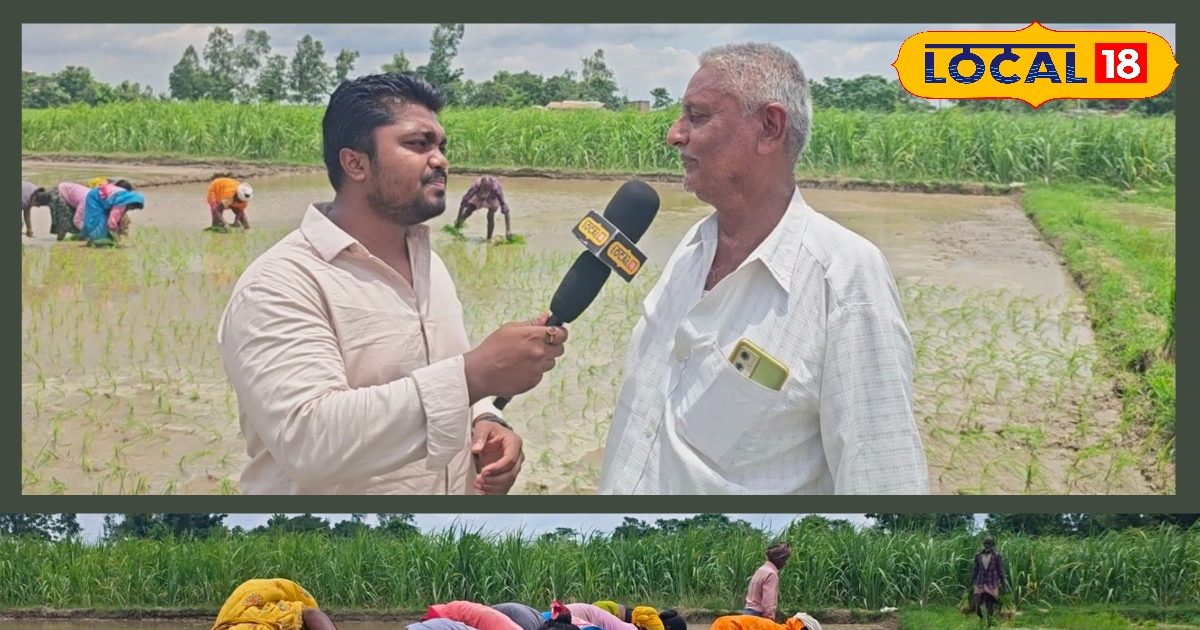Last updated:
Agriculture News: Vijay Giri has started the cultivation of Sanjeevani paddy with anti -cancerous properties in West Champaran, Bihar. This paddy has been developed by Indira Gandhi Agricultural University in Chhattisgarh.
Highlights
- Vijay Giri started the cultivation of anti -cancerous Sanjivani paddy in Bihar.
- Sanjeevani paddy has 350 phytochemicals, which are helpful in fighting many diseases.
- Indira Gandhi Agricultural University of Chhattisgarh developed Sanjeevani paddy.
West Champaran: In the West Champaran district of Bihar, cultivation of paddy rich in medicinal properties has started. Farmer Vijay Giri of Ramnagar block has sown this special paddy called Sanjeevani. According to agricultural scientists, this paddy is equipped with anti -cancerous properties, which is capable of eliminating the possibility of cancer cells. This variety of paddy can revolutionize farming. According to the research conducted on this, scientists have confirmed that this paddy called Sanjeevani is actually equipped with anti -cancerous properties.
Farmer Vijay Giri is a resident of Harpur village of Ramnagar block and specializes in cultivating rare crops. This time he has called for Sanjeevani paddy cultivation from Chhattisgarh. About 10 grams of 100 grams of seed have been started in the area. He claims that it may yield two quintals of paddy.
According to Dr. Ashutosh Kumar, scientist at Narkatiaganj Agricultural Sciences Center, this paddy has been developed by scientists of Indira Gandhi Agricultural University, Chhattisgarh. It contains 350 phyto chemicals, which are helpful in prevention of diseases like diabetes, weak immunity and cancer.
Sanjeevani Paddy has been developed in collaboration with Indira Gandhi Agricultural University Raipur and Bhabha Atomic Research Center Mumbai by selecting the traditional medicinal paddy varieties of Chhattisgarh. This paddy has been successfully grown in Chhattisgarh and now its trial is going on in Bihar.
Agricultural scientists believe that there is no special difference in the climate of Bihar and Chhattisgarh. Therefore, there is a possibility of successful yield here too. After the yield, further research will be done on this paddy, so that other characteristics are known and more farmers can be provided seeds on a large scale.



